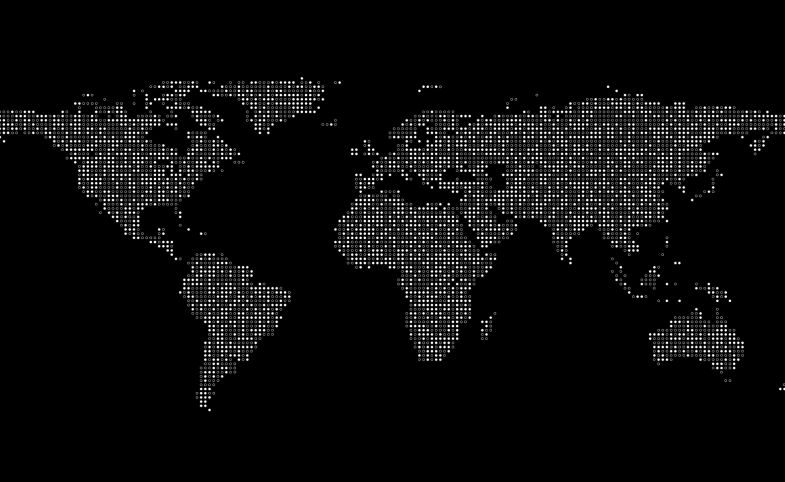Over the past month, foreign ministries (MFAs) have been actively involved in national efforts to stem the coronavirus outbreak. Thus far, foreign ministries have been charged with three tasks. First, offering consular...
KEEP READING
The Future of Public Diplomacy
This feature, authored by Andrew Dubbins, was included in CPD's 2023–2024 Annual Report.
Public diplomacy is at a critical juncture. To remain relevant and effective, practitioners must adapt to hyper-speed technological changes and an increasingly complex geopolitical landscape. They must learn to harness the power of artificial intelligence (AI) and tap into digital communities, while never forgetting the need for a human touch in public diplomacy.
“Public diplomacy is still fundamentally about relationships,” said Paul Kruchoski, Director of the Under Secretary for Public Diplomacy’s Office of Policy, Planning, and Resources at the U.S. Department of State, who spoke at a June 2024 event on the future of public diplomacy, co-hosted by CPD and the Public Diplomacy Council of America and held at USC’s new Capital Campus in Washington D.C.
Public diplomacy has long been about engaging foreign publics to shape perceptions, build relationships, and promote mutual understanding. And it remains so. However, as Kruchoski noted, the current reality presents unprecedented challenges.
“We are also competing not just with state actors but every other draw on people’s attention, affinity, and identity,” he explained. This competition includes corporations and civil society organizations, all of whom have access to advanced technological tools that enable them to shape narratives more effectively.
One of the most significant, and indeed revolutionary, of those tools is AI. AI is rapidly transforming the field of public diplomacy, offering innovative, easy-to-use solutions that enhance communication, content creation, and strategic engagement.
“AI has immense potential to support and enhance our work in public diplomacy,” said Alexander Hunt, Public Affairs Officer at the U.S. Embassy in Guinea. Hunt, who received the 2023 Ameri Prize for Innovation in Public Diplomacy, began using AI tools like ChatGPT to assist with content production and media summaries, freeing up time for his team to engage in more strategic tasks such as press freedom assessments and audience research. “AI has really allowed us to use our human brains for the analytical work that we were hired for,” Hunt explained.
AI and its proliferation also present new challenges for public diplomacy practitioners. Countries like Russia and China are investing heavily in information warfare, using AI and other technologies to spread disinformation and shape global narratives. While platforms like X and Facebook were once the primary disinformation battlegrounds, newer platforms have complicated the landscape. These platforms have become “multimodal,” said Dr. Josephine Luko of UT Austin, who joined a March 2024 panel hosted by CPD, exploring the evolution of disinformation and strategies to combat it. “They've gone from text-primary-based platforms to platforms that produce a lot of video and image content.”
In this rapidly evolving digital ecosystem, the organizational structure of public diplomacy will need to keep up, argued Kruchoski. “For every hour that you’re…feeding an administrative process, that’s time we’re never going to get back,” he said.
Kruchoski highlighted the bureaucratic hurdles that often prevent public diplomats from focusing on their core mission, such as managing travel orders, grant compliance, and social media accounts. To address this, Kruchoski advocated for streamlining processes and embracing hybrid work environments where human expertise is augmented by machine efficiency.
In short, the future of public diplomacy will be shaped by the intersection of technology and human relationships. As powerful forces like AI revolutionize the field, public diplomats must embrace new tools and platforms to engage global audiences, while remaining wary to track and counter threats like disinformation. Ultimately, public diplomacy’s continued relevance will depend on its ability to adapt to these rapid technological advancements while maintaining its core mission of fostering mutual understanding and trust across borders.
Visit CPD's Online Library
Explore CPD's vast online database featuring the latest books, articles, speeches and information on international organizations dedicated to public diplomacy.
Popular Blogs
-
January 29
-
January 20
-
January 28
-
January 2
-
January 8











